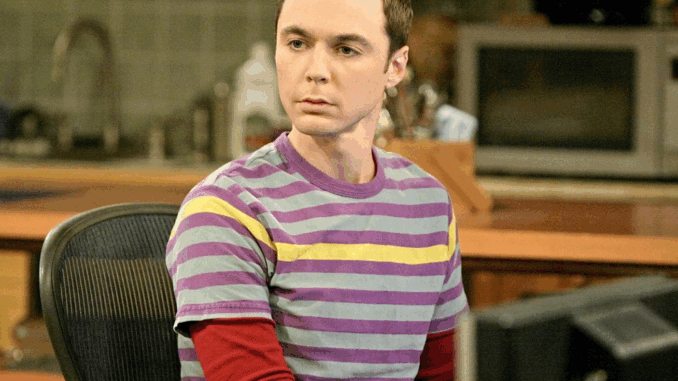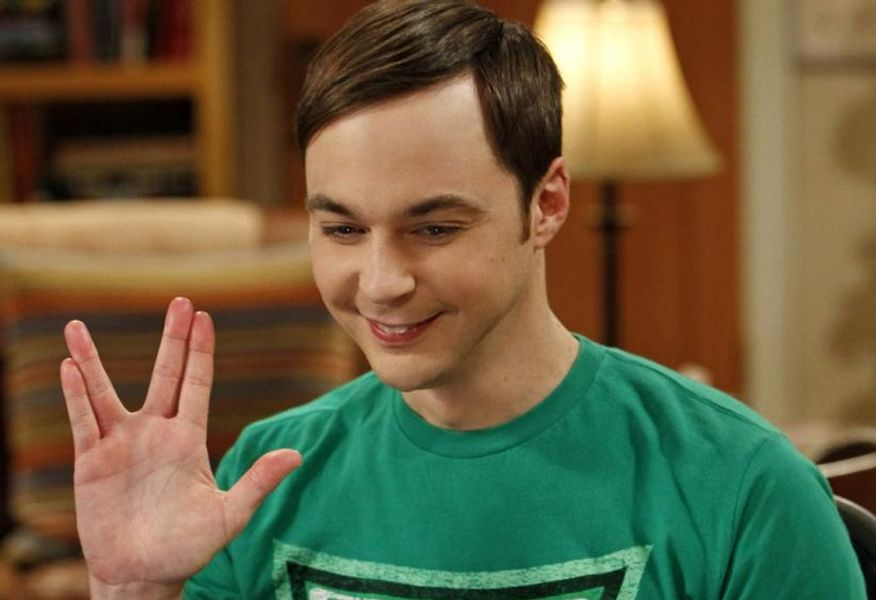
Even years after The Big Bang Theory aired its final episode, Sheldon Cooper remains one of the most fascinating and polarizing characters in television history. Played masterfully by Jim Parsons, Sheldon wasn’t just a quirky scientist — he was a cultural phenomenon who challenged the conventions of the sitcom lead.
A Genius Like No Other
From the pilot episode, Sheldon was a standout. With his rigid routines, lack of social filters, encyclopedic memory, and complete disregard for sarcasm, he was unlike any other protagonist on TV. As a theoretical physicist with an IQ of 187, Sheldon often baffled his friends and audiences alike — but he also fascinated them.
He was blunt, logical to a fault, and often insensitive. Yet underneath that arrogance was a vulnerable man trying to understand a world that didn’t make sense to him emotionally.
Jim Parsons: The Performance That Made History
Jim Parsons’ portrayal of Sheldon earned him four Primetime Emmy Awards, a Golden Globe, and widespread critical acclaim. More importantly, Parsons turned Sheldon into a household name — someone who could make you laugh one moment and break your heart the next.
In later seasons, especially during Sheldon’s relationship with Amy Farrah Fowler (played by Mayim Bialik), audiences saw his emotional walls begin to fall. The once-lonely scientist evolved, slowly learning how to connect, love, and grow — making his journey all the more powerful.
Breaking Sitcom Stereotypes
Before The Big Bang Theory, most sitcoms centered on charismatic, emotionally expressive leads. Sheldon flipped that script. He was difficult, inflexible, and often unknowingly rude — but he was also deeply original.

By embracing his flaws rather than glossing over them, the writers created a character who felt real, complex, and human. Many viewers even recognized traits of Sheldon that aligned with those on the autism spectrum, prompting important conversations about representation in media (though the show never confirmed a diagnosis).
His Legacy Lives On
Sheldon’s story didn’t end with the finale. The spin-off/prequel Young Sheldon gave fans a deeper look into his childhood, exploring the roots of his brilliance and anxieties. Narrated by Jim Parsons, the show revealed the struggles of growing up as a misunderstood genius in a traditional Texas family.
Now, with CBS developing another Big Bang Theory spin-off, Sheldon’s universe continues to expand — a testament to the character’s enduring appeal.
🧠 Final Thoughts
Sheldon Cooper wasn’t made to be lovable — but audiences grew to love him anyway. Through humor, frustration, and surprisingly emotional moments, he showed that even the most unusual minds are worthy of connection. In doing so, Sheldon redefined what a sitcom hero could be: not perfect, not always kind — but always unapologetically himself.
Whether you loved him or couldn’t stand him, one thing is clear: Sheldon Cooper changed television forever.